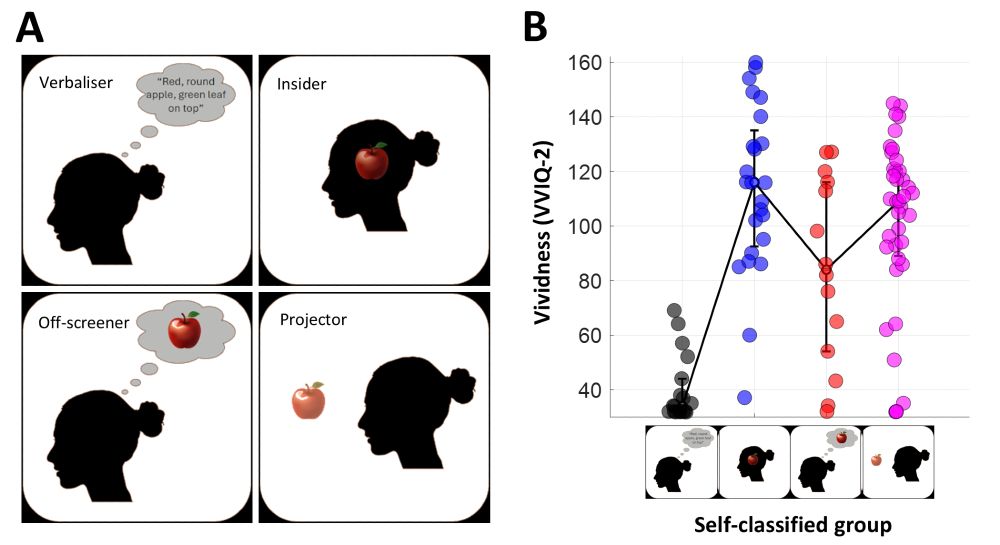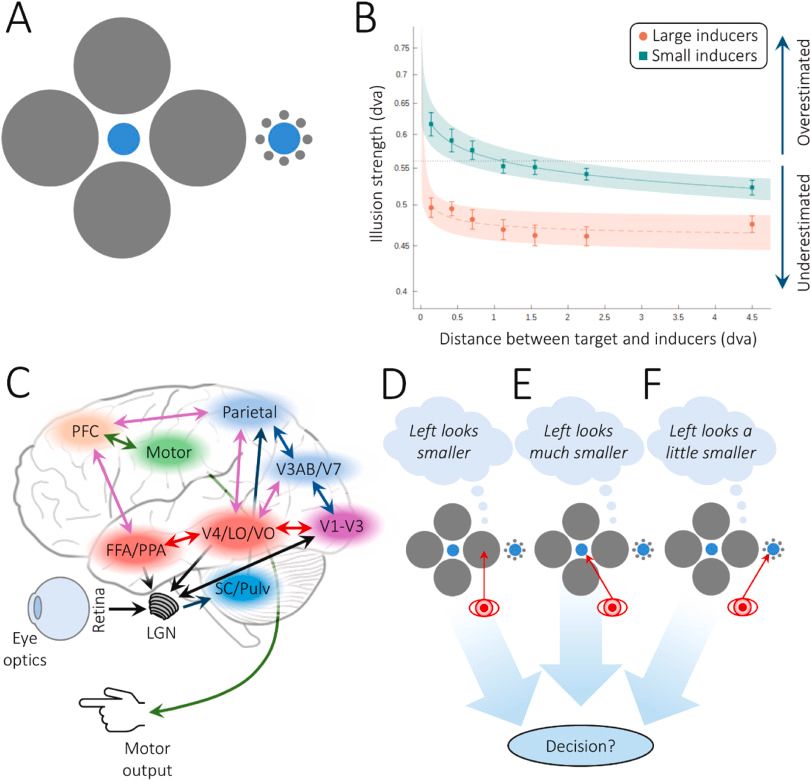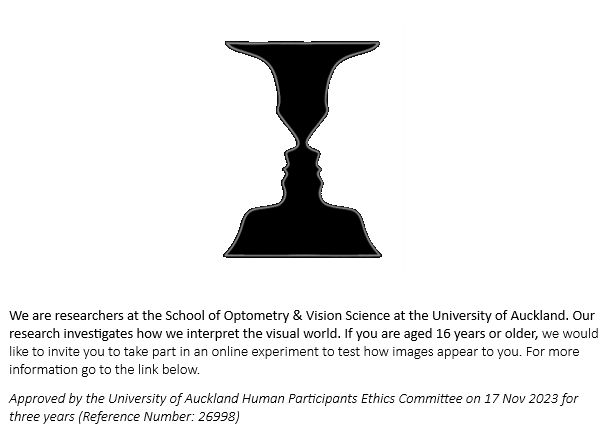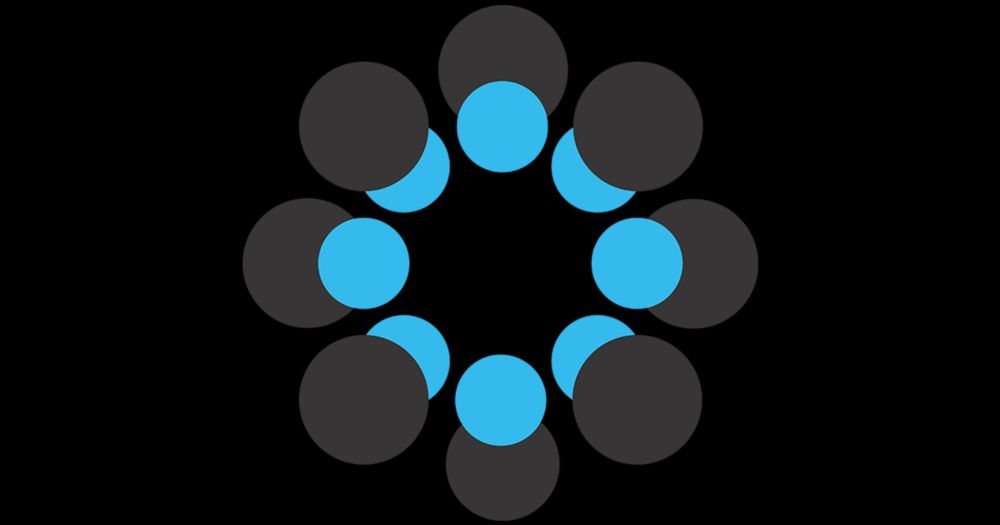#UltimaDragon

for #epc-apcv-2026 by 31 Jan 2026!
Also announcing keynotes:
- Hakwan Lau (IBS, South Korea
- Elaine Reese (Uni of Otago, NZ
- Corey Wadsley (Uni of Auckland, NZ)
visualneuroscience.auckland.ac.nz/epc-apcv-2026
#psychscisky #visionscience #neuroskyence
for #epc-apcv-2026 by 31 Jan 2026!
Also announcing keynotes:
- Hakwan Lau (IBS, South Korea
- Elaine Reese (Uni of Otago, NZ
- Corey Wadsley (Uni of Auckland, NZ)
visualneuroscience.auckland.ac.nz/epc-apcv-2026
#psychscisky #visionscience #neuroskyence

for #epc-apcv-2026 by 31 Jan 2026!
Also announcing keynotes:
- Hakwan Lau (IBS, South Korea
- Elaine Reese (Uni of Otago, NZ
- Corey Wadsley (Uni of Auckland, NZ)
visualneuroscience.auckland.ac.nz/epc-apcv-2026
#psychscisky #visionscience #neuroskyence
STUDENTS: there will be 40 travel support awards of $500 to help you attend, so don't let the distance stop you from attending.
for #epc-apcv-2026 by 31 Jan 2026!
Also announcing keynotes:
- Hakwan Lau (IBS, South Korea
- Elaine Reese (Uni of Otago, NZ
- Corey Wadsley (Uni of Auckland, NZ)
visualneuroscience.auckland.ac.nz/epc-apcv-2026
#psychscisky #visionscience #neuroskyence

STUDENTS: there will be 40 travel support awards of $500 to help you attend, so don't let the distance stop you from attending.
(And no, this is not my academic gown...)

(And no, this is not my academic gown...)
for #epc-apcv-2026 by 31 Jan 2026!
Also announcing keynotes:
- Hakwan Lau (IBS, South Korea
- Elaine Reese (Uni of Otago, NZ
- Corey Wadsley (Uni of Auckland, NZ)
visualneuroscience.auckland.ac.nz/epc-apcv-2026
#psychscisky #visionscience #neuroskyence

for #epc-apcv-2026 by 31 Jan 2026!
Also announcing keynotes:
- Hakwan Lau (IBS, South Korea
- Elaine Reese (Uni of Otago, NZ
- Corey Wadsley (Uni of Auckland, NZ)
visualneuroscience.auckland.ac.nz/epc-apcv-2026
#psychscisky #visionscience #neuroskyence
Seems many published studies miscalculated it, overestimating model performance. First, let's make this crystal clear:
NC = 2*r / (1+r)
where r is split-half correlation.
Have you ever computed noise ceilings to understand how well a model performs? We wrote a clarifying note on a subtle and common misapplication that can make models appear quite a lot better than they are.
osf.io/preprints/ps...
Seems many published studies miscalculated it, overestimating model performance. First, let's make this crystal clear:
NC = 2*r / (1+r)
where r is split-half correlation.
The call for member-initiated symposia & abstracts is now open: visualneuroscience.auckland.ac.nz/epc-apcv-2026
#psychscisky #visionscience #neuroskyence

The call for member-initiated symposia & abstracts is now open: visualneuroscience.auckland.ac.nz/epc-apcv-2026
#psychscisky #visionscience #neuroskyence
#psychscisky #neuroskyence but not-really #visionscience

#psychscisky #neuroskyence but not-really #visionscience
This has been in the works for over a decade when we were just goofing around testing sound localisation in my in-laws' kitchen... But we finally managed to do some reasonably controlled experiments on this. #psychscisky #neuroskyence
doi.org/10.1177/0301...
This has been in the works for over a decade when we were just goofing around testing sound localisation in my in-laws' kitchen... But we finally managed to do some reasonably controlled experiments on this. #psychscisky #neuroskyence
doi.org/10.1177/0301...
- HRF varies between visual areas
- HRF also varies with pRF stimulus designs (due to nonlinearities?)
- Esp. when fitting complex models this can skew results a lot!
#visionscience #neuroskyence

- HRF varies between visual areas
- HRF also varies with pRF stimulus designs (due to nonlinearities?)
- Esp. when fitting complex models this can skew results a lot!
#visionscience #neuroskyence
#visionscience #psychscisky

#visionscience #psychscisky
#PsychSciSky #VisionScience #neuroskyence
More information to follow!
visualneuroscience.auckland.ac.nz/epc-apcv-2026/

#PsychSciSky #VisionScience #neuroskyence
More information to follow!
visualneuroscience.auckland.ac.nz/epc-apcv-2026/
Bonus: As you do this, you might feel the urge to "pick up" and "eat" one of the nuggets. You might even "taste" it.
That's it. That's the whole point.
Why? We're confusing attentional tracking (slow, costly) with parallel mental rendering (the truth of imagination's bandwidth).
#IPWT #CognitiveScience #Aphantasia
#psychskysci #neuroscience
doi.org/10.1101/2025...

#psychskysci #neuroscience
doi.org/10.1101/2025...
doi.org/10.1016/j.co...
doi.org/10.1016/j.co...
doi.org/10.7554/eLif...
I mostly enjoyed the novel review process - except that @elife.bsky.social apparently did not publish our final reply to reviewers😒
#visionscience #neuroskyence

doi.org/10.7554/eLif...
I mostly enjoyed the novel review process - except that @elife.bsky.social apparently did not publish our final reply to reviewers😒
#visionscience #neuroskyence
👉 www.nature.com/articles/s41...

Mental rotation is often regarded as paradigmatic for #mentalimagery. But it turns out people often don't use imagery for mental rotation - & when they do it is often not useful (same viewpoint trials). #visionscience #psychscisky
doi.org/10.1016/j.co...
Mental rotation is often regarded as paradigmatic for #mentalimagery. But it turns out people often don't use imagery for mental rotation - & when they do it is often not useful (same viewpoint trials). #visionscience #psychscisky
doi.org/10.1016/j.co...
Also, this happens to be my 100th publication. Join me for 🍺in OGH on Friday afternoon! 🙂

Also, this happens to be my 100th publication. Join me for 🍺in OGH on Friday afternoon! 🙂
#psychscisky #neuroskyence #visionscience
tstbl.co/820-917

#psychscisky #neuroskyence #visionscience
tstbl.co/820-917
osf.io/hr6w5/?view_...

osf.io/hr6w5/?view_...
doi.org/10.31234/osf...

doi.org/10.31234/osf...

doi.org/10.31234/osf...
Although I'd also say that the duck-rabbit -is- an experience in eyes, while my mental image is in my head. So not sure about any of it.

Although I'd also say that the duck-rabbit -is- an experience in eyes, while my mental image is in my head. So not sure about any of it.


